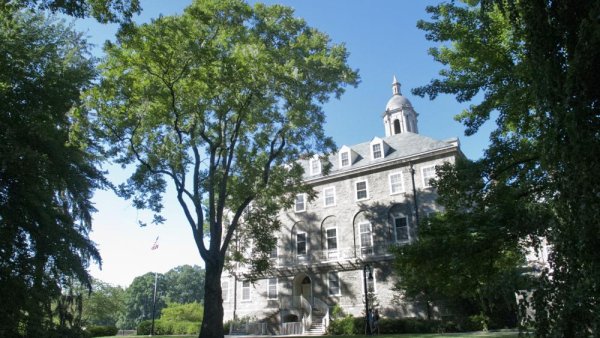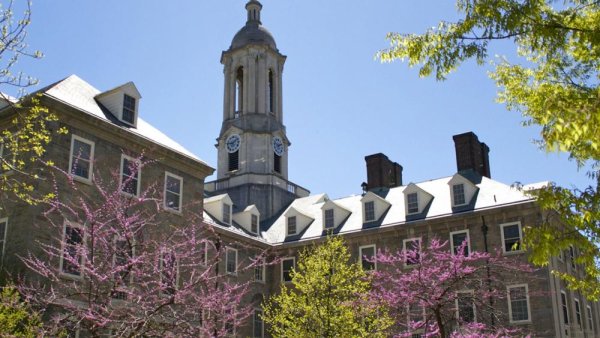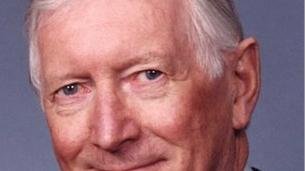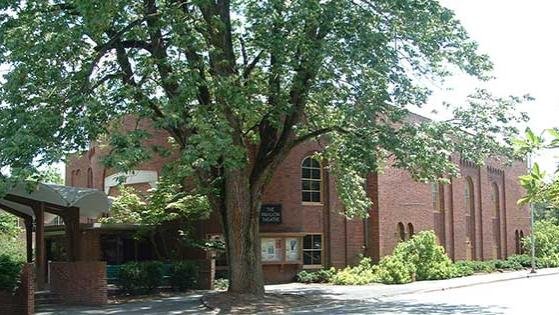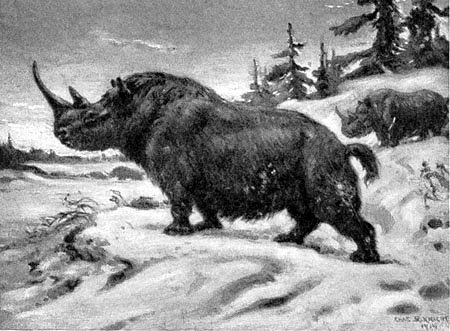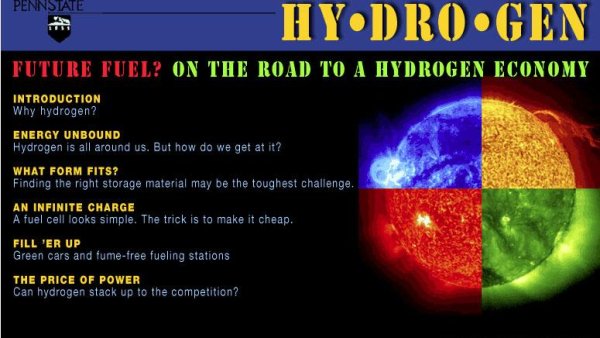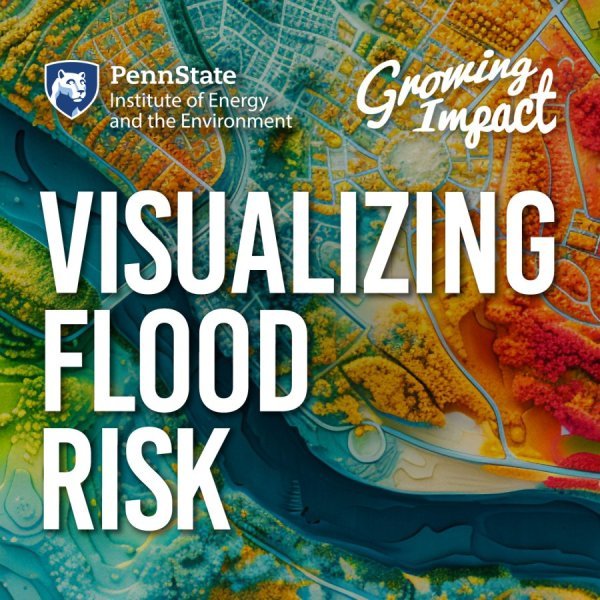Ailanthus tree's status as invasive species offers lesson in human interaction
| psu.edu
An exotic tree species that changed from prized possession to forest management nightmare serves as a lesson in the unpredictability of non-native species mixing with human interactions, according to researchers.
Promotions in academic rank, effective July 1, 2016
| psu.edu
The following is a list of academic promotions for tenured and tenure-line faculty members at Penn State, effective July 1, 2016.
Inaugural Huck Fellowships awarded
| psu.edu
This year marks the inaugural awarding of the J. Lloyd Huck Fellowship to four promising young students – Megan Kepler, Lucilla Pizzo Suarez, Sam Jones and Zhi Chai – who will arrive at University Park in the fall of 2013.
Decoys could blunt spread of ash-killing beetles
| psu.edu
As the emerald ash borer ravages North American ash trees, threatening the trees' very survival, a team of entomologists and engineers may have found a way to prevent the spread of the pests. "Within 25 years, practically no ash trees may remain on either side of the St. Lawrence Seaway," said Akhlesh Lakhtakia, Charles Godfrey Binder Professor of Engineering Science and Mechanics at Penn State.
Science Seminars: Jan. 21 to 27
| psu.edu
Science Seminars for Jan 21 to 27
Probing Question: Are there harmful ingredients in cosmetics?
| psu.edu
The Johnson & Johnson company made news recently with the announcement that it plans to remove "a host of potentially harmful chemicals" from its U.S. product line by the end of 2015, becoming the first major manufacturer of consumer products to make a commitment of this kind to the public. It's likely that many consumers were not even aware that "ingredients of concern" were in personal care products to begin with. What are these chemicals and are they safe for use in cosmetics?
Video: Faculty collaboration leads to possible leukemia cure
| psu.edu
Penn State scientists in the College of Agricultural Sciences have developed an inspiring collaboration that may cure leukemia. Sandeep Prabhu, associate professor of immunology and molecular toxicology in the Department of Veterinary and Medical Sciences, specializes in the health benefits of fish oil. Robert Paulson, associate professor of veterinary and biomedical sciences, is studying the stem cells that cause leukemia. They connected their seemingly separate study areas during a weekly faculty lunch. The result? A possible cure for leukemia.
Ice Age humans: Did they affect the extinction of large mammals?
| earthsky.org
The histories of six large herbivores — the woolly rhinoceros, woolly mammoth, wild horse, reindeer, bison, and musk ox — are linked with climate fluctuations and human activity, especially at the end of the last ice age, scientists reveal in a new report. This article mentions Penn State Research.
Video: Coal may be the bridge to ushering in new energy technology
| psu.edu
Through the 20th century, the world relied on fossil fuels, most notably oil and coal, to supply its growing energy needs. Now, while the world ponders its energy future, coal remains a plentiful and a reliable means to meet much of today's energy demands. Rather than oil, this other "dark fuel" -- if burned more efficiently and cleanly -- just may be the bridge needed to usher the world fully into the next generation of energy technology.
Vice President's Awards recognize outreach efforts
| psu.edu
Penn State Outreach staff members were honored recently with Vice President's Awards for their contributions to the outreach mission of the University. "These awards recognize and celebrate excellence in our outreach organization," said Craig D. Weidemann, vice president for Outreach at Penn State. "The award recipients are recognized for their extraordinary contributions and dedication to the outreach mission of the University.
Hydrogen: The future fuel
| psu.edu
Beyond petroleum Is hydrogen the answer? "I will get right to the point," declared Nobel laureate Richard Smalley, speaking before Congress. "Energy is the single most important problem facing humanity today. We must find an alternative to oil. We need to somehow provide clean, abundant, low-cost energy to the six billion people that live on the planet today, and the 10-plus billion that are expected by the middle of this century."
Mumma Endowment Brings Noted Chemical Ecologists To Penn State
| psu.edu
In a move expected to cement Penn State's College of Agricultural Sciences as an international leader in chemical ecology research, two renowned entomologists will join the college as Mumma Professors, effective July 1.

